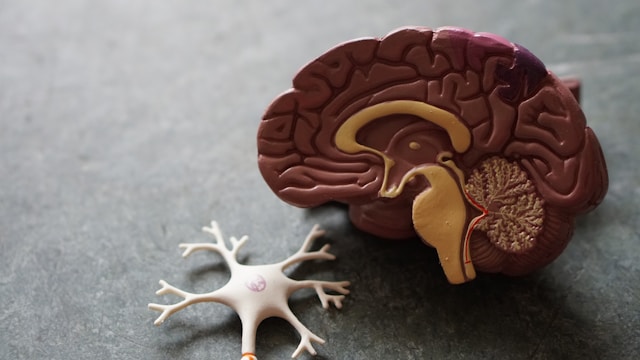Research reveals depression and cognitive impairment may precede memory loss in Alzheimer’s disease.
While memory loss is commonly recognised as a hallmark of dementia, recent research suggests it may not be the first symptom experienced by individuals diagnosed with Alzheimer’s disease. A systematic review published in 2017 indicates that conditions such as depression and cognitive impairment often emerge prior to significant memory decline, challenging the conventional understanding of the disease’s early warning signs.
Dementia is a broad term that encompasses various conditions leading to progressive cognitive decline, with Alzheimer’s being the most prevalent form. Traditionally, Alzheimer’s is characterised by memory loss and a decline in cognitive abilities severe enough to interfere with daily living. Although no cure currently exists, early detection and intervention can help slow the progression of the disease, allowing for a better quality of life for those affected.
Embed from Getty ImagesThe systematic review, which examined literature spanning from 1937 to 2016, aimed to document the signs and symptoms that appear before a formal diagnosis of Alzheimer’s disease. The findings were striking: depression was identified as the first symptom in 98.5% of cases of late-onset Alzheimer’s, while cognitive impairment preceded memory loss in 99.1% of those individuals. For early-onset Alzheimer’s, the statistics were similarly compelling, with depression appearing first in 9% of cases and cognitive impairment in 80%.
This research underscores the need for heightened awareness of these early symptoms. Depression, often overlooked in older adults, can manifest in various ways, including changes in mood, increased irritability, and social withdrawal. Cognitive impairment may present as difficulty concentrating, confusion about time or place, or problems with decision-making.
Experts stress that recognising these symptoms can be crucial for timely intervention. Families and caregivers should be vigilant for signs of depression or cognitive changes in their loved ones, as addressing these issues early can lead to more effective management strategies and improve overall well-being.
Furthermore, the implications of this research extend to healthcare providers, who may need to adjust their approaches to screening for Alzheimer’s. Incorporating assessments for depression and cognitive function in routine evaluations could lead to earlier diagnoses and better support for patients and their families.
As society grapples with the complexities of dementia, shifting the focus from memory loss to a broader understanding of early signs can pave the way for improved outcomes. With dementia increasingly prevalent in an ageing population, the significance of recognising and addressing these early symptoms cannot be overstated.
